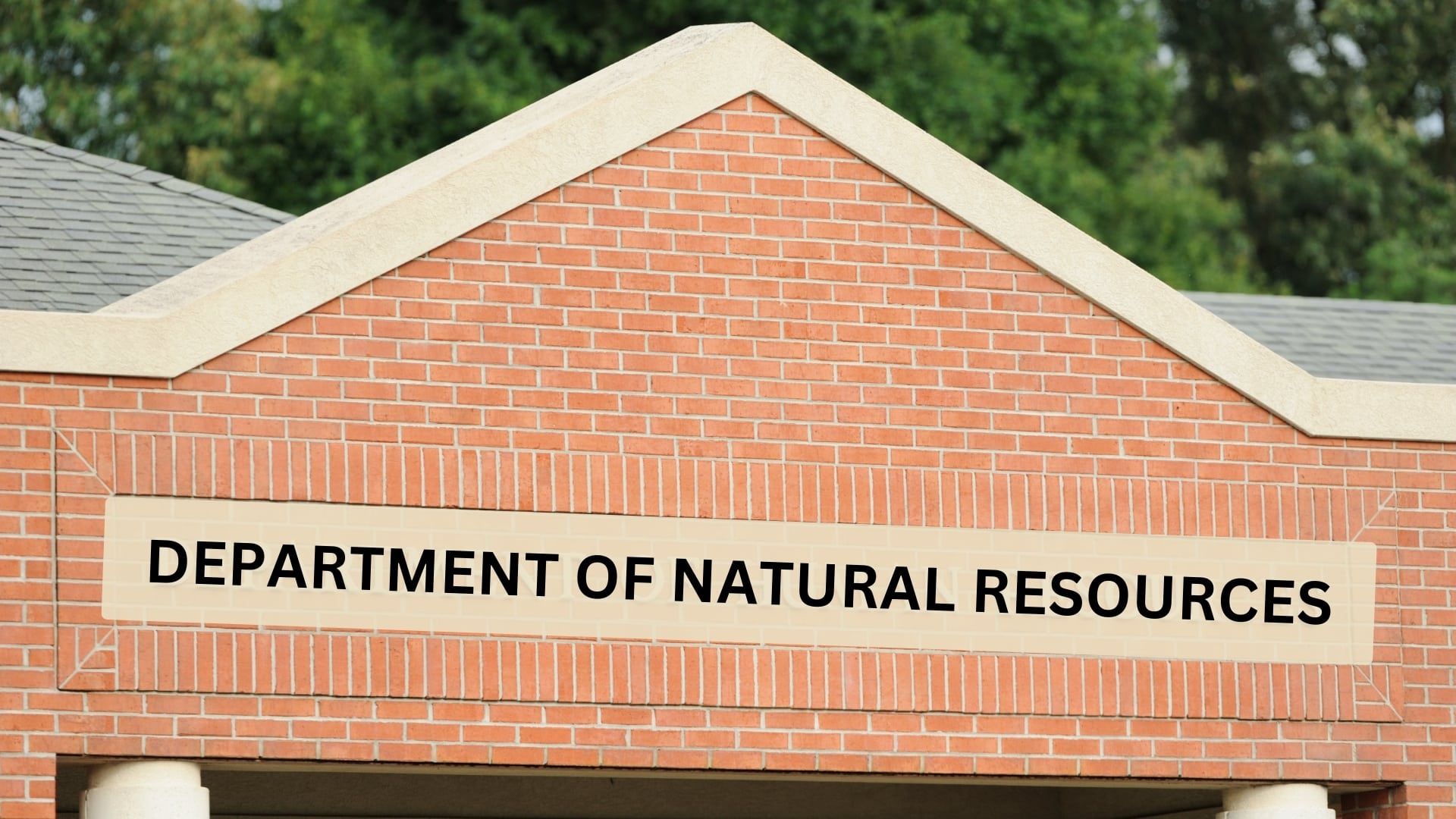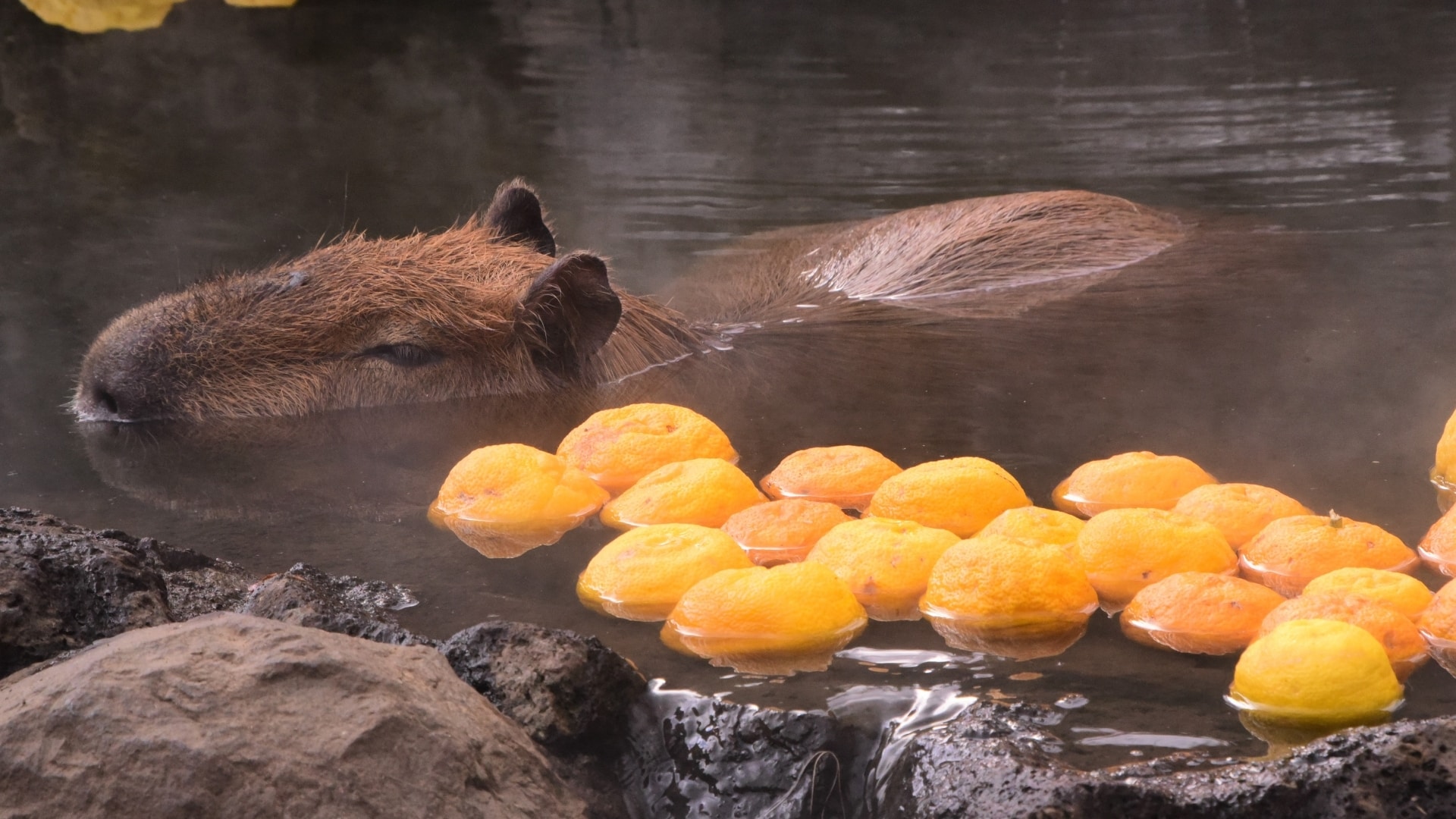While it’s technically possible to get a capybara in Georgia, it’s extremely challenging and not recommended for most people. These amazing animals require a special permit, extensive care, and significant resources, making them best appreciated from afar unless you have the expertise to provide proper care.
The Legal Landscape in Georgia

Now, let’s address the elephant (or should we say, the capybara) in the room: the legal status of owning these creatures in Georgia. The Peach State has some of the strictest exotic pet laws in the country, and for good reason. These regulations are designed to protect both animals and people.
In Georgia, capybaras fall under the category of “wild animals” or “exotic pets.” According to the Georgia Department of Natural Resources (DNR), owning a capybara requires a special permit called a Wild Animal License.
Getting a Permit
If you’re still dreaming of having a capybara as a backyard companion, brace yourself. The process of obtaining a Wild Animal License in Georgia is no walk in the park.
You’ll need to prove that you have appropriate facilities to house a capybara, which includes ample space and a large pool or pond for swimming – this isn’t just about clearing out your spare room. The DNR wants to ensure these animals are in capable hands, so you’ll need to demonstrate significant experience in handling and caring for exotic animals.
Be prepared for your property to be inspected by state officials, who’ll check that your setup meets all necessary requirements for capybara care. It’s important to note that these licenses are typically granted for educational or conservation purposes, not for keeping capybaras as household pets.
Even if you do manage to get a license, you’ll need to maintain compliance with all regulations and be subject to periodic inspections.
For more details on the Wild Animal License application process, visit the Georgia DNR Wildlife Resources Division website.
Is a Capybara Really the Right Pet for You?

Let’s say, hypothetically, you manage to clear all the legal hurdles. Is a capybara truly a suitable pet? Here are some factors to consider:
Capybaras have extensive care requirements that potential owners must consider. These social animals need substantial space to roam, with wild capybaras having home ranges of up to 25 acres.
They’re also highly social creatures, typically living in groups of 10-20 in the wild, making it inhumane to keep a single capybara as it can lead to depression and stress. As semi-aquatic animals, capybaras require constant access to a large, clean pool or pond for swimming and temperature regulation.
Capybaras diet, though primarily grass-based, needs careful balancing in captivity with specialized feed, fresh vegetables, and vitamin supplements. Veterinary care can be challenging and expensive, as capybaras require specialized knowledge not all vets possess.
While Georgia’s climate can be suitable, especially in summer, owners need to provide adequate shade and cooling options during hot periods. With a lifespan of up to 12 years in captivity, owning a capybara represents a significant long-term commitment that shouldn’t be taken lightly.
For more information on capybara care requirements, check out the Exotic Pet Vet network.
Alternative Ways to Appreciate Capybaras
If you’ve made it this far and realized that owning a capybara in Georgia might not be in the cards, don’t despair! There are plenty of ways to appreciate these wonderful animals without the legal and logistical challenges of ownership. Consider planning a trip to Zoo Atlanta or other zoos that house capybaras, where you can see these animals up close and learn about their conservation.
Some wildlife sanctuaries offer opportunities to interact with capybaras in a responsible, supervised setting. For a daily dose of capybara cuteness without the responsibility of ownership, follow capybara accounts on social media or watch documentaries about them.
If you’re passionate about capybara welfare, consider donating to organizations that work to protect these animals and their habitats in the wild. For the ultimate capybara experience, plan a trip to South America to see them in their natural habitat. Countries like Brazil and Venezuela offer eco-tours where you can observe capybaras living freely in their native ecosystems.
Georgia isn’t the only state with capybara ownership laws. Check out how things compare in Virginia.
The Bottom Line
Capybaras can indeed call Georgia home, but under specific conditions. While the idea of these gentle giants roaming the Peach State might be appealing, the reality is a bit more complex. From zoological encounters to regulated private ownership, the path to capybara companionship is undoubtedly unique.



